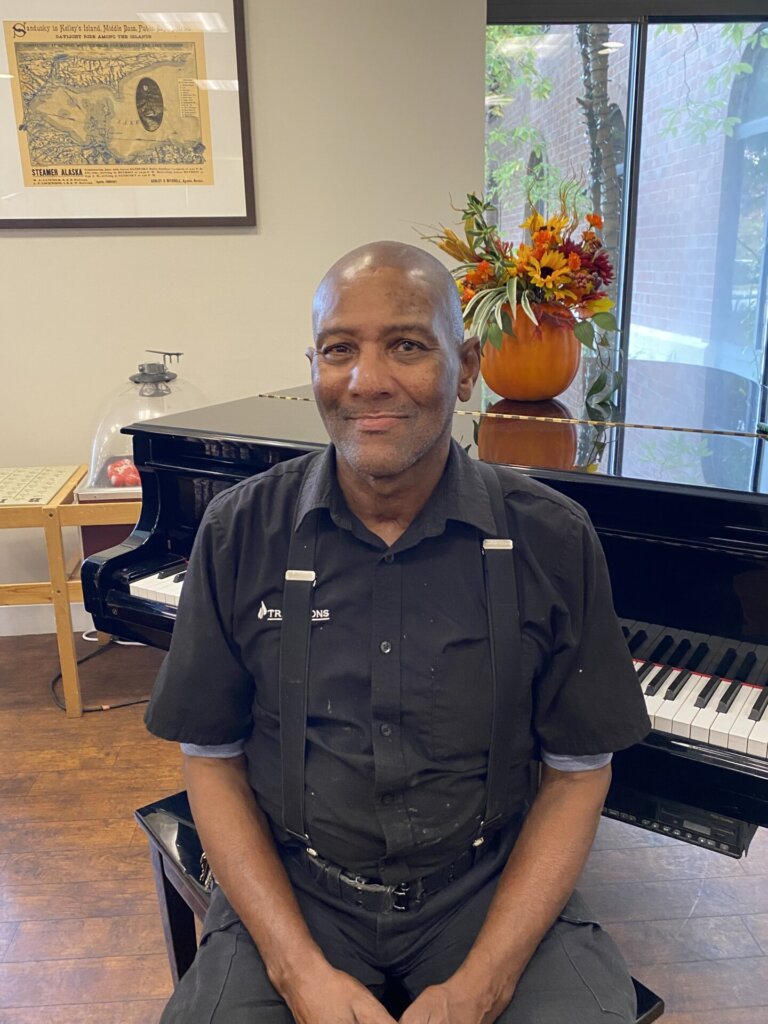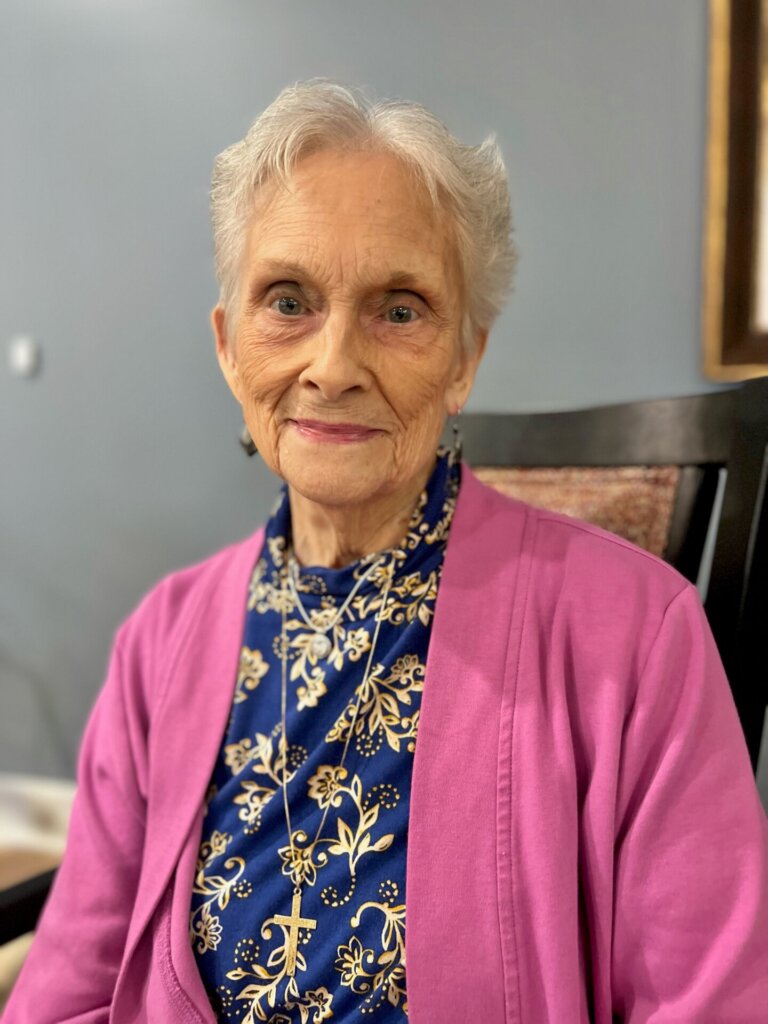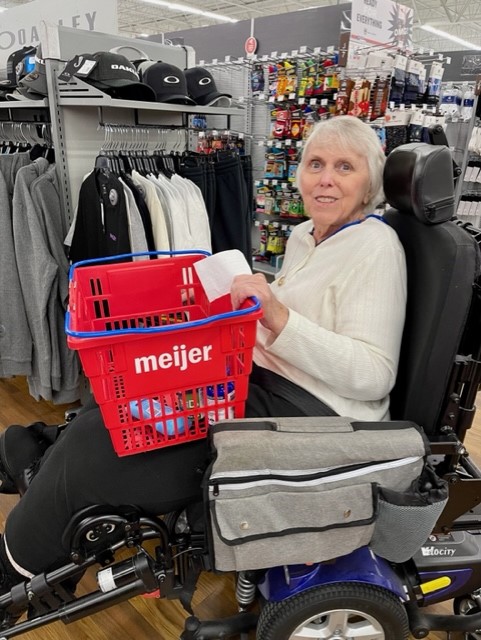How to Have “The Talk” with Your Parents About Senior Living
The time has come. Time to have “the talk”. No, not that talk. It’s time to talk to your parents about senior living.
First, take a deep breath. You got this. If you haven’t already considered whether it is time for your parents to move, check out our guide here for what to look for in a home, signals your parents may be showing in their physical or mental well-being, and signs of dementia or Alzheimer’s disease.
When To Have “The Talk”
Shannon Kersey, our Regional Clinical Specialist, recommends starting these conversations as soon as possible. “This allows time to research communities and to discuss options,” Shannon says. Starting these conversations early empowers your parents to be more involved in the conversation and decision-making process. Having that independence about where they choose to live will help them find a community they love.
Bringing the idea of senior living up early also means bringing it up before it is really needed. This allows for more autonomy in the decision-making process, and planning ahead also eases everyone’s anxiety. Too often, families have these conversations under duress after an unexpected illness or an accident.
How Can You Prepare to Have This Conversation with Your Parents
“Having some information when starting these conversations is always a good idea,” Shannon says. You can begin researching by simply searching for “senior living near me,” “assisted living near me,” or “memory care near me.” Find some nearby communities and schedule a tour, collect their brochures, and ask any preliminary questions you might have. This research will prepare you to have these conversations. Having a little bit of information may pique your parents' interest, and they’ll likely have their own questions. This is a great opportunity to say, “Let’s find out together!”
If you have friends or other family members who have senior family members living in a senior living community, talk to them about their experience. This may help you avoid any pitfalls or mistakes in the process.
Keep The Conversation Positive
For many seniors, this may not be a conversation they’re ready to have. There might be many reasons for their hesitancy, everything from fear to stubbornness; they may think they are “too young” for senior living. Keep your conversations light and positive. After all, you have their best interests at heart! If you’re having these conversations early and often and maintaining a positive tone, they may be more receptive to having the conversation. Focus on their mental and physical health and well-being. Talk about convenience, safety, and socialization. Keep a running list of questions. And most importantly, listen to what your loved ones are saying. “I think active listening is really important and plays a critical role in how to drive the conversation,” says Megan Manges, Community Relations Director at Traditions at Solona in Indianapolis, Indiana. Active listening demonstrates that you care about your loved one’s questions and concerns which can help make these conversations more effective.
We frequently hear, “I am fine on my own, I don’t need help.” This is a huge life change for our seniors, and sometimes, they see it as they are losing their homes and their independence. Change is not only hard, but it can also be scary. It is very important to remember to discuss the positive changes that will come and to listen and validate the feelings of our seniors.
What’s Next?
So, what’s next? What are the next steps once a parent agrees to begin the process? Schedule some tours and do your research. Involve your parents in the process. Allow them to pick locations and communities they would like to tour. Touring a community is critical because the 'nursing homes' they remember are very different from today's 'senior living communities.’ Schedule a visit during a meal or an activity your parent enjoys. Allow them to make decisions on what furniture to move and how to decorate their new apartment. Keeping them actively involved and energized in the process is key.
In full transparency, most seniors will not volunteer to investigate senior living on their own. Most say they would rather choose to stay in their own home. However, after settling into a community, most residents are happy with their decision! They meet new people, get help with difficult tasks, eat good food (and not do the dishes after). So, while this conversation may be difficult for many families, the end result is worth a few uncomfortable conversations.









